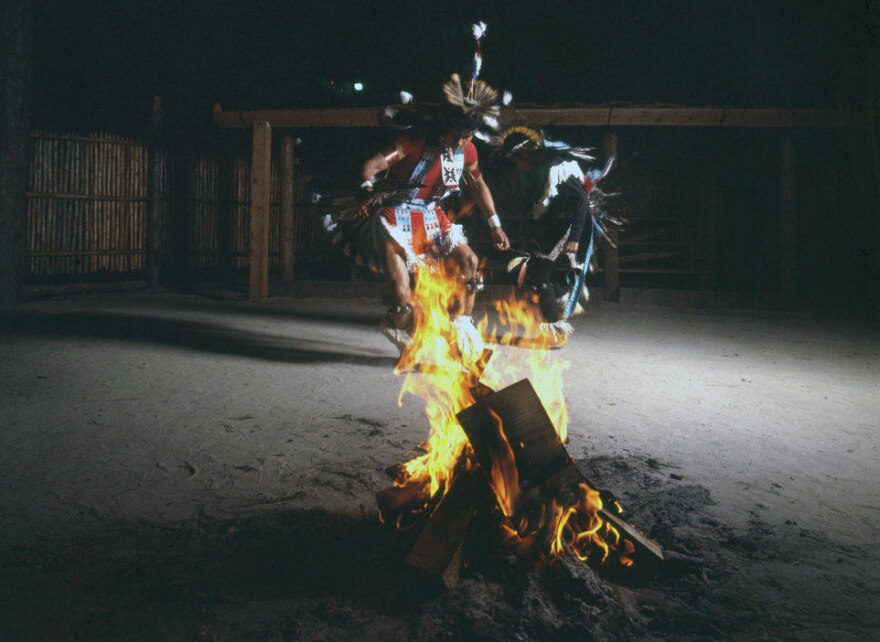Texas was a very different place two centuries ago. It was home to roaming tribes and just a few permanent settlements. Researcher Sam Haynes of UT Arlington says it was the most diverse place in North America.
Haynes leads the Center for Southwestern Studies at UT Arlington. He and a team are behind a new project mapping violence involving Native Americans in Texas in the early 19th century.
Interview Highlights: Sam Haynes…
…On the diversity of 19th-century Texas:
“Not only do you find a large Mexican population, but an increasingly large Anglo population, a population of African-American slaves and also Afro-Caribbean slaves. On top of that, you have this remarkably diverse indigenous culture. To understand Native Americans I think you need to look at these tribal cultures individually and in the 19th century, there are two dozen or more distinct tribal cultures.”
…On why the Borderlands project is mapping sites of violence:
“The purpose of the database and website is to track Native American mobility patterns because sadly 

enough, to understand or track Native American mobility is through their contact with whites and Mexicans, which usually end violently. We have about 300 sites of violence in the database so far. By the time we get up into the 1840s, we should have about 750 sites.
Our website is tracking everything from raids along the Colorado River involving tribes and Anglo settlers to Texas militia groups driving out emigrant tribes under the Mirabeau Lamar Indian removal program.”
…On how Texas history is taught in schools:
“For a very long time, this very Anglo-centric narrative prevailed and I think this is a period that most Texans think can’t be studied anymore. We have learned everything there is to know about Texas in the 19th century, and I would argue that that’s not true at all. We really need to do a better job of incorporating the experiences of people of color into that history.
It’s not enough to insert people of color into that Anglo-centric narrative. I think the thing to do is to start all over again, to rebuild the narrative from the ground up and to understand there are large numbers of people of color who are inhabiting this region the same time Anglo-Americans are.”
Sam Haynes directs the Center for Greater Southwestern Studies at UT Arlington.






